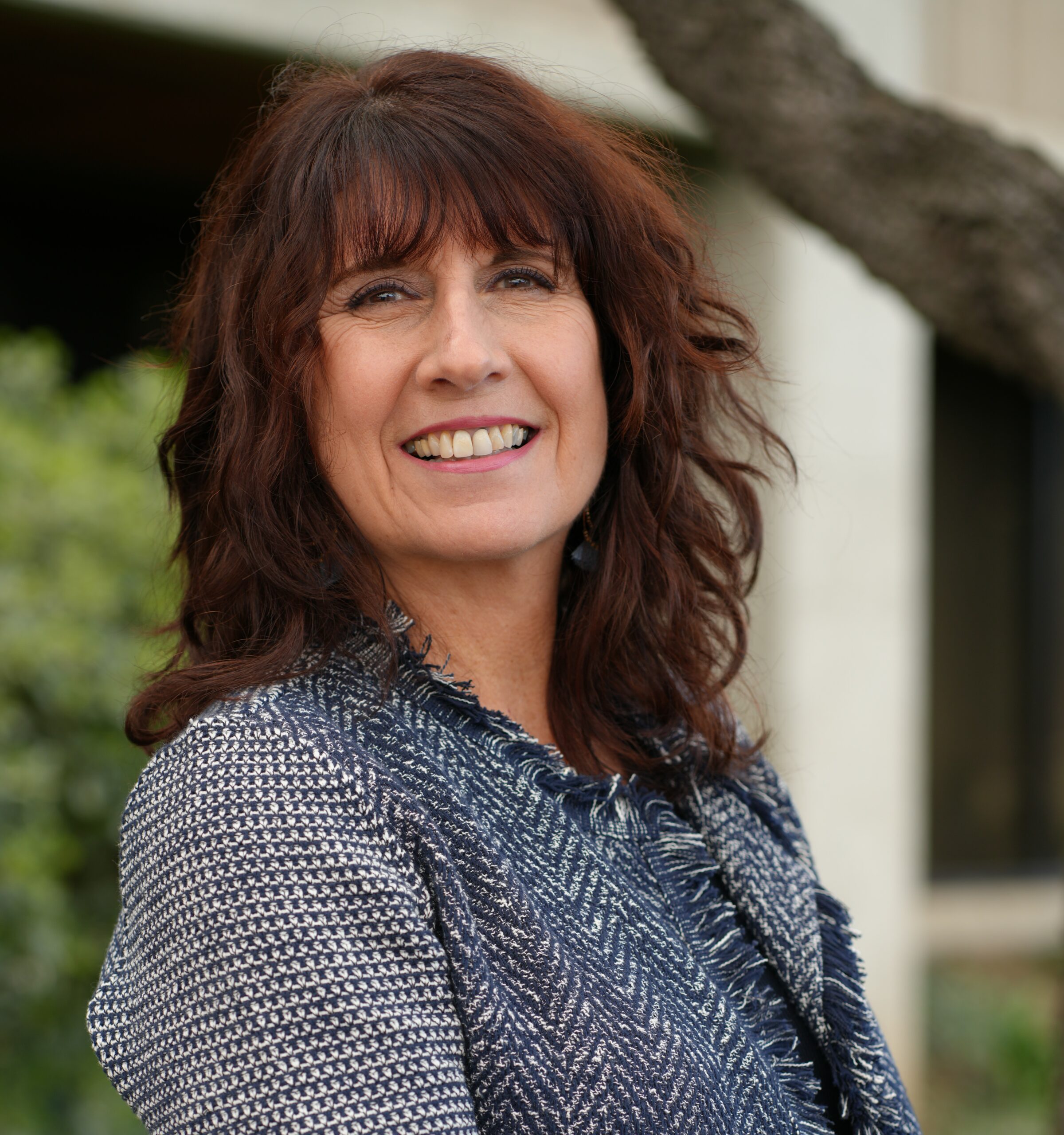To ease the financial burden of COVID-19, the United States government supplemented households across the country with COVID-19 relief checks. But, across San Mateo County (and the rest of the US), there were families that were not able to receive that lifeline. A disproportionate number of people living in the financial shadows are minorities and immigrants. And despite that these families are much more likely to be classified as low income, they are the ones who are not receiving any financial help. When we talk about systemic financial inequity, this is an example of what we mean.
The Mission Asset Fund launched the Immigrant Families Fund to fill in some of those gaps. First 5 San Mateo County was proud to support this funding with the Children’s Health Initiative for families with young children and help connect families to Mission Asset’s Immigrant Relief Funding through community-based organizations. Through the Immigrant Family Fund, eligible immigrants could receive a $500 grant to help cover whatever is most pressing in their lives. Often, other grants and aid come with stipulations that limit how that money can be spent. When Americans received their stimulus checks, no such restrictions were in place. The Mission Asset Fund emphasizes that this freedom is an imperative factor in truly fighting inequity.
Of the 8,259 grant recipients with children in San Mateo County, 3,302 have children under 5 years old. Of those, 45% had no monthly household income due to the COVID-19 pandemic and shelter-in-place measures. In addition to balancing children at home with an unprecedented wave of unemployment, COVID-19 took a huge toll on families. 64% of grant recipients lost their jobs as a result of being diagnosed with COVID and 87% of families with COVID-19 diagnoses struggled to take care of their children. Especially as it pertains to early child care, education, and other services, our entire community is healthier and more functional if all children are receiving high-quality care. This additional financial assistance was imperative in maintaining stability for the youngest members of the family.
Financial instability breeds uncertainty, and though parents do everything they can to mitigate the impact on their kids, the COVID-19 pandemic made it impossible for many, like Claudia, one of MAF’s grantees. “When the coronavirus started, the restaurant where I worked closed leaving me with no job and no income,” she said. “I have three kids that need me. Without a job I can’t afford the basic needs of me and my children. It has been a really stressful situation.”
The economic impact of COVID-19 has widened financial inequality in our local communities and across the country. Even the efforts to level the playing field have not reached the most marginalized communities among us. And who pays the greatest price? The youngest children. Not only are children who grew up poor more likely to experience poverty as adults, but the likelihood of being poor in adulthood went up with the number of years spent in poverty as a child. When children are exposed to the dearth of resources, stress, and trauma that comes from financial instability, they can experience lasting social, emotional, and physical effects.
Through the Immigrant Families Fund, MAF has been able to help 12,432 families throughout San Mateo County. And they are not alone–many community partners across our county have stepped up and stepped in to ensure families have money, food, and essential supplies. At First 5 San Mateo County, our mission is to promote positive outcomes for young children and their families through strategic investments, community leadership, and effective partnerships. We know that thriving communities produce thriving kids. Ensuring financial stability is one of the most impactful ways to help ensure families can thrive, and we recognize the hard work of community partners who are creating pathways to a more equitable future.


